Dogs provide companionship, comfort, and can reduce stress and anxiety. It is well documented that they can help people suffering from post-traumatic stress disorder; even more so when the dog is a trained service dog.
Because of the wonderful benefits service dogs provide, Congress is once again revisiting the Puppies Assisting Wounded Servicemen Act, otherwise known as PAWS.
If PAWS were to become implemented, it would require the Veterans Administration to provide $25,000 vouchers to service men and women suffering from post-traumatic stress disorder. Currently the VA only pays for service dogs in connection with a physical mobility issue.
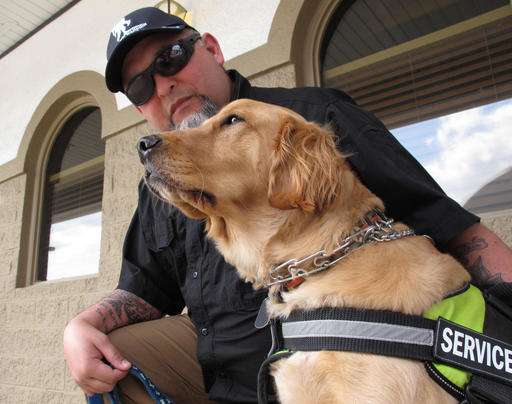
There is no doubt; the passing of PAWS would help our vets. According to the Purdue College of Veterinary Medicine and the National Institutes of Health confirm that service dogs do have a positive effect:
“Now we have a growing body of research that says the VA needs to do this. That the dogs are working. We did rigorous studies on our warriors, and it was published in a prestigious journal, peer-reviewed. It’s not made-up monkey science. It’s just real science.”
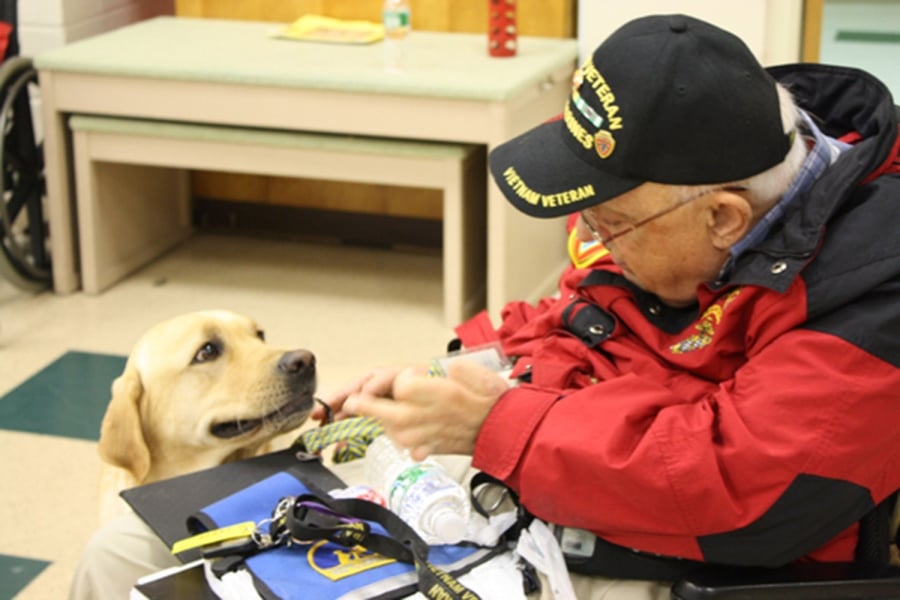
In the past, PAWS has not passed twice due to concerns over issues relating to the training, behavior, and how ongoing veterinary care would be covered for the service dogs. According to Service Dogs 4 Vets, if this PAWS act passes, it would require the Department of Veterans Affairs to carry out a five-year program to provide grants to nonprofit organizations that provide service dogs to veterans who suffer from the post traumatic-stress disorder.
It would also provide funds needed to service dog organizations for veterinary health insurance policies, equipment needed for the dog to assist the veteran, and payments for traveling expenses for the dog.
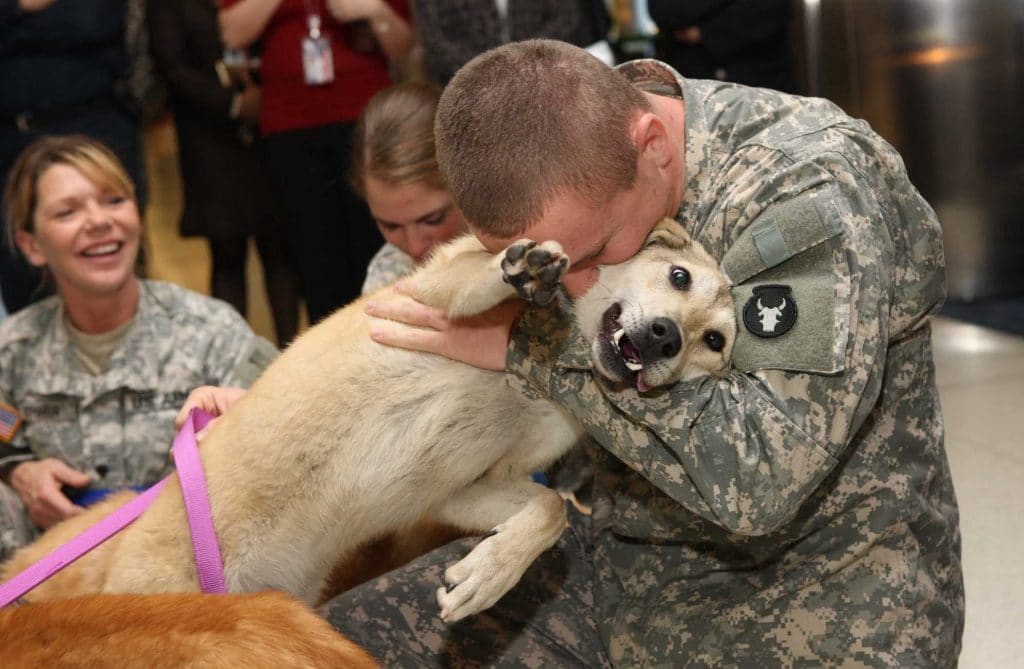
Since an estimated 20 veterans commit suicide each day, this bill, as well as other programs are much needed. Representative John Rutherford, R-Florida, and Senator Deb Fischer, R-Nebraska who authored the bill hope that if more veterans had access to service dogs, suicide rates amongst veterans with mental health conditions would decrease:
“Veterans with PTSD may have left the battlefield, but they are still in a tough fight,” Fischer says in a news release. “Service dogs can provide support, peace, and joy to these Americans as they confront the invisible scars of war.”
Please share this story with your family and friends and voice your support over passing of this important bill.

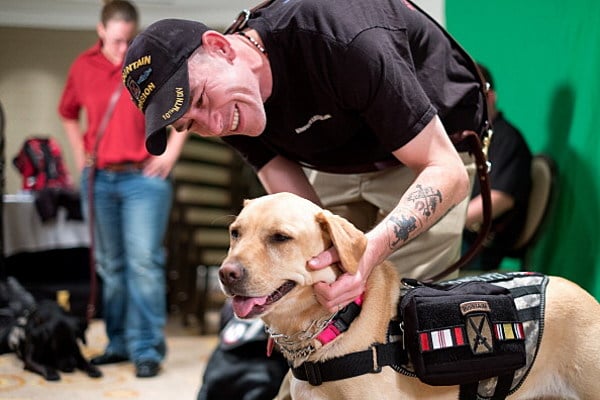
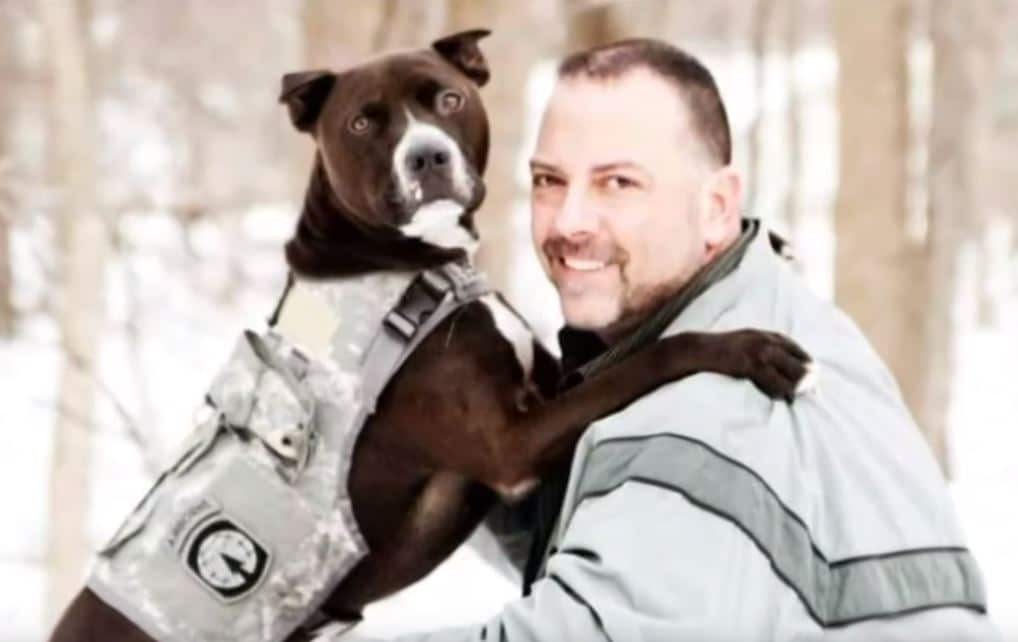

Leave a Reply